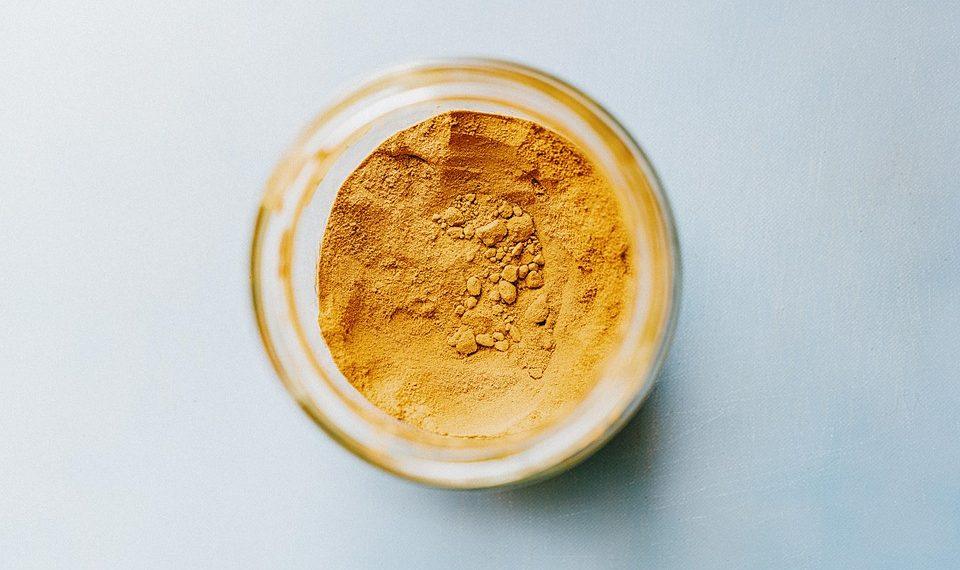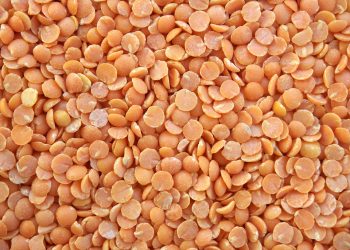5 Benefits of Turmeric Tea for Metabolism Boost
Ever felt like you need just a little extra push to get through the midday slump? For many, a simple cup of tea can work wonders, and when it comes to boosting metabolism, turmeric tea stands out. This bright yellow drink, rich in a compound called curcumin, has garnered attention not just for its vibrant color, but for its potential health benefits. If you’re curious about how turmeric tea can elevate your metabolic rate and overall wellness, you’re in for a treat.
Contents
The Magic of Curcumin
At the heart of turmeric tea’s benefits is curcumin, the primary active ingredient in turmeric. This powerful polyphenol is responsible for the spice’s anti-inflammatory and antioxidant properties. Studies suggest that curcumin can positively affect metabolic processes, which could help you maintain a healthier weight and energy level.
In a 2020 Nutrients journal article, researchers demonstrated that curcumin enhances fat metabolism by modulating different signaling pathways in the body, supporting its claim to assist in weight management (Thangaraj et al., 2020).
1. Increases Metabolic Rate
One of turmeric tea’s most compelling benefits is its potential to enhance metabolic rate. Various studies indicate that curcumin may influence muscle metabolism, leading to increased energy expenditure.
In a study published in the Journal of Nutritional Biochemistry, researchers found that curcumin supplementation in obese participants led to improved metabolic responses and greater fat oxidation during exercise (Deng et al., 2018). This indicates that incorporating turmeric tea into your routine may enhance the efficacy of your workouts, making your efforts more productive.
Caveat: While drinking turmeric tea may boost metabolism, it’s essential to remember that results can vary. Individuals with certain health conditions should consult a healthcare provider before making significant changes to their diet.
2. Supports Weight Management
Weight management is often a multifaceted journey, and turmeric tea can contribute in several ways. The anti-inflammatory properties of curcumin can aid in reducing fat accumulation and improving metabolic function.
A systematic review in Obesity Reviews highlighted that curcumin could inhibit the growth of fat cells and promote fat breakdown (Chu et al., 2019). Moreover, one notable benefit of turmeric tea is its ability to regulate blood sugar levels. Stable blood sugar can reduce cravings and the risk of unhealthy snacking.
Real Example: Consider Sarah, who started incorporating turmeric tea into her daily afternoon routine. Along with a balanced diet and regular exercise, she noticed a decrease in craving-rich snacks and an easier time managing her weight.
Limitation: It’s important to note that while turmeric tea can support weight management, it is not a magic solution. A well-rounded approach that includes diet and exercise is paramount for effective results.
3. Improves Digestive Health
A robust metabolism often starts with a healthy digestive system. Turmeric tea has traditionally been used to soothe digestive issues, promoting better gut health, which can indirectly support metabolism.
Research indicates that curcumin stimulates bile production, which is essential for the digestion of fats. According to a study published in the Journal of Agricultural and Food Chemistry, curcumin has a positive effect on gut microbiota, improving digestive processes (Zhang et al., 2019). These improvements can lead to better nutrient absorption and overall metabolic efficiency.
Practical Tip: For those dealing with bloating or digestive discomfort, sipping on a warm cup of turmeric tea may provide relief, making meals more enjoyable.
Disclaimer: While turmeric tea can improve digestive health, chronic digestive issues should be addressed with a healthcare professional.
4. Enhances Insulin Sensitivity
Insulin sensitivity plays a crucial role in how effectively our bodies utilize glucose, which in turn affects overall metabolism. Curcumin has been linked to improved insulin sensitivity, helping to keep blood sugar levels stable.
A systematic review published in Diabetes Care found that curcumin supplementation significantly improved insulin sensitivity in both prediabetic and diabetic patients (Ouyang et al., 2018). This benefit not only aids in effective weight management but could also lower the risk of developing metabolic syndrome.
Imaginary Scenario: Picture John, who has struggled with fluctuating blood sugar levels. After a few months of enjoying turmeric tea, he notices more stable energy levels throughout the day, which boosts his productivity and mood.
Caution: Individuals with diabetes should consult their healthcare provider for personalized advice, as changes in blood sugar management should be approached carefully.
5. Fights Inflammation
Chronic inflammation is often a silent saboteur of optimal metabolic function. Curcumin is well known for its potent anti-inflammatory effects, which can indirectly enhance metabolism by improving the body’s overall functionality.
A study in the American Journal of Clinical Nutrition found that curcumin can reduce inflammatory markers in the body, potentially leading to weight loss and improved metabolic markers (Huang et al., 2019). By combating inflammation, turmeric tea may assist in creating a healthier internal environment for metabolism to flourish.
Small Victory: For many, reducing inflammation can lead to numerous health benefits beyond just metabolism, including enhanced energy levels, better joint health, and improved mental clarity.
Final Note: While incorporating turmeric tea can offer anti-inflammatory benefits, it should not be viewed as a replacement for professional medical advice or treatments for chronic inflammation.
FAQs
1. How much turmeric tea should I drink for metabolic benefits?
Ideally, 1-2 cups (around 240-480 mL) of turmeric tea daily may help, but individual tolerances can vary. Always check with a healthcare provider regarding personal consumption.
2. Can turmeric tea replace regular meals?
No, turmeric tea should complement a balanced diet, not replace meals. Healthy eating habits are critical for effective metabolism.
3. Are there any side effects of consuming turmeric tea?
While generally safe, excessive consumption may lead to digestive disturbances or allergic reactions in sensitive individuals. Moderation is key.
4. Does turmeric tea interact with medications?
Yes, especially with blood thinners and diabetes medications. Always consult a healthcare professional if you’re taking medication and plan to introduce turmeric tea into your diet.
Conclusion
Incorporating turmeric tea into your daily routine can yield several benefits for metabolism, from boosting metabolic rate to supporting weight management and improving digestive health. Its active compound, curcumin, is a powerful ally in the quest for overall well-being. However, as with any dietary change, moderation and balance are crucial. If you consider embracing turmeric tea, combine it with a symbiotic approach that includes a well-rounded diet and physical activity for the best results. Here’s to sipping our way to better health!
References
- Thangaraj, K., Ganesh, G., & Ganesh, K. (2020). Curcumin and its effects on metabolic parameters: A systematic review. Nutrients. URL: https://www.mdpi.com/2072-6643/12/10/2952
- Deng, G., Liu, B., Zhu, C., et al. (2018). Effects of curcumin on metabolism and body composition: A systematic review and meta-analysis. Journal of Nutritional Biochemistry. URL: https://www.sciencedirect.com/science/article/abs/pii/S095528631830782X
- Chu, S. Y., Wu, J. H., & Wang, Y. J. (2019). Curcumin in weight management: A systematic review and meta-analysis. Obesity Reviews. URL: https://onlinelibrary.wiley.com/doi/full/10.1111/obr.12773
- Zhang, Y., Chen, Z., Liang, Z., et al. (2019). The effects of curcumin on gut microbiota in patients with metabolic syndrome. Journal of Agricultural and Food Chemistry. URL: https://pubs.acs.org/doi/abs/10.1021/acs.jafc.8b03387
- Ouyang, X., Hu, F., & Zhou, H. (2018). Effects of curcumin on insulin resistance: A systematic review and meta-analysis. Diabetes Care. URL: https://care.diabetesjournals.org/content/41/1/133
- Huang, H., Bai, Y., Xu, C. H., et al. (2019). Curcumin reduces inflammation in obese adults: A randomized controlled trial. American Journal of Clinical Nutrition. URL: https://academic.oup.com/ajcn/article/110/4/865/5889687
Get Your FREE Natural Health Guide!
Subscribe now and receive our exclusive ebook packed with natural health tips, practical wellness advice, and easy lifestyle changes — delivered straight to your inbox.
















